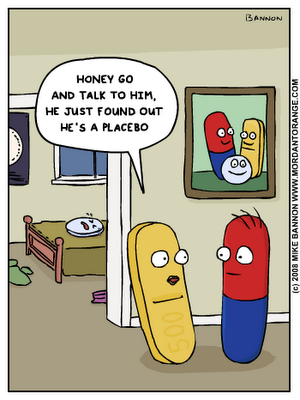The B&Q (the largest home improvement and garden centre retailer in the UK) vertical garden is prepared for the 2011 Chelsea Flower Show. It is a glass box of five stories. Each floor can fit two or three people at a time. It is the image ‘of a sustainable high-rise ‘concept garden’ for an age of climate change and austerity’. At the Chelsea Flower Show, many exhibits compete with each other. Triton UK sells garden ornaments in the price range of £1,250 to a full-scale gothic temple at £29,900. When you love gold, you can spend £70,000 on a ceramic Golden Cypress sculpture, covered in gold. The head of Triton UK says recession is hitting everyone.
Chelsea Flower Show: 'vertical garden' hints at UK's gardening future http://www.guardian.co.uk/environment/2011/may/23/chelsea-flower-show-vertical-garden
I don’t care one bit about the rather expensive ornaments that can be found at the Chelsea Flower Show. (If you sell them and nobody is buying them because of the bad economic times; I am sorry.) I just want to express my surprise and enthusiasm for the vertical garden! How wonderful to create more gardens by using vertical space. Gardens (plants and trees) do not only produce oxygen, clean the air by letting dust cling, but also add to the mental wellbeing of people. Another positive aspect of vertical gardens is that we create new living areas for our birds and insects. (Spiders forbidden.)




